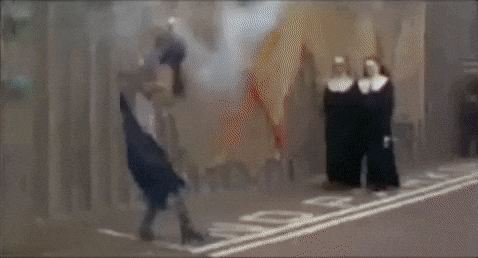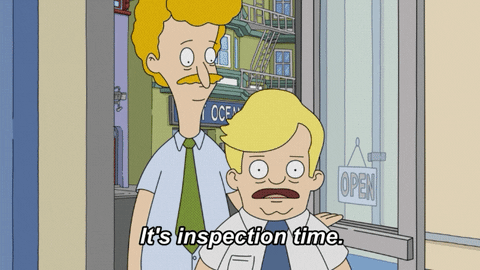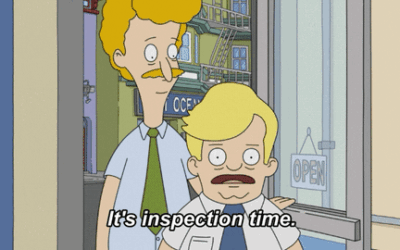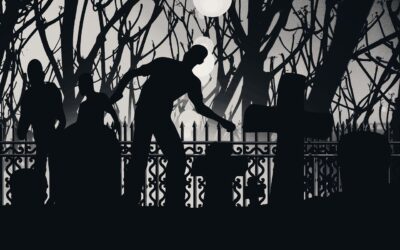Authors that don’t exist, fake reviews, scanty and questionable content…
A.I. generated content and the rise of self-publication has led to a wave of scam books – that are causing real-world problems
Almost a year ago, we wrote a blog based on a The New York Times article detailing their investigation into a new wave of shoddy AI-written guidebooks, and how they are proliferating on Amazon. Although the NYT investigation primarily focused on Travel Guides, they found similar titles in cooking, self-help, gardening, business, novels – categories across the board.
Around the same time, Mycological societies began to issue warnings about AI written guides for foraging wild mushrooms. As you may know, the differences between delicious edible mushrooms and ones that will poison and possibly kill you can sometimes be very subtle, and you need the best possible references and an experienced eye to tell the difference.
We are revisiting this old post because not long ago – it happened.
According to this post on Reddit asking for legal advice, a family got very sick after being poisoned by mushrooms they foraged using one of these guidebooks. They didn’t know it was AI generated when they bought it. It wasn’t until afterward that they started to suspect.
Although the rise of self-publishing has created a wave of hastily written “trash” books for over a decade, they were still ghost written by a person and leaned more toward vague and unhelpful, rather than fully fraudulent… With generative AI becoming more commonplace and able to create more realistic images, books created entirely with AI generated text and images are able to be churned out amazingly quickly into the marketplace, most likely with no editing or fact-checking. These books often have titles similar to well known books. The “authors” often have names similar to well known authors. They are purposefully trying to deceive the casual or hurried shopper, to make a quick buck.
If these books are so bad, why do people buy them?
Despite being thin and cheap, with either vague or questionable information, these books can end up highly rated on Amazon search results, bolstered by false claims about the included content and loads of phony 5-star reviews. For someone that is just wanting to enter a new hobby, who may not be aware who the respected authors in the field are, or someone buying a gift, or someone looking for the best deal – they can be attractive.
As we have seen, though, misinformation can have real-world consequences. And the legal implications can get tricky – even if the content is dangerous, who is there to sue when the author is AI generated?
Please Be Careful before buying any guidebooks from online retailers, especially for things that can mean life-or-death. Wild Mushrooms, obviously, how about travel guides? Health? Home projects involving electricity or chemicals?
Accurate information is essential.









